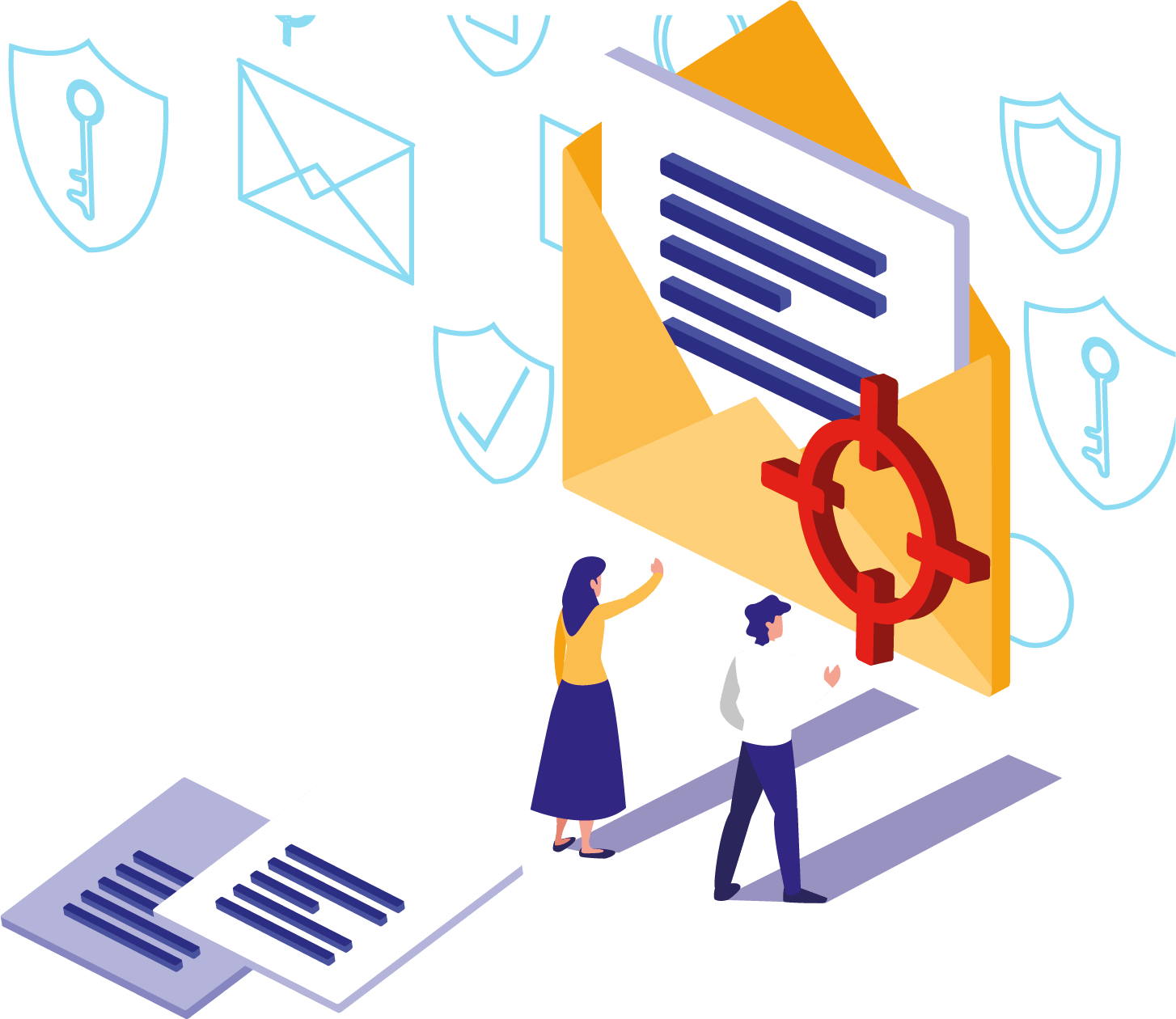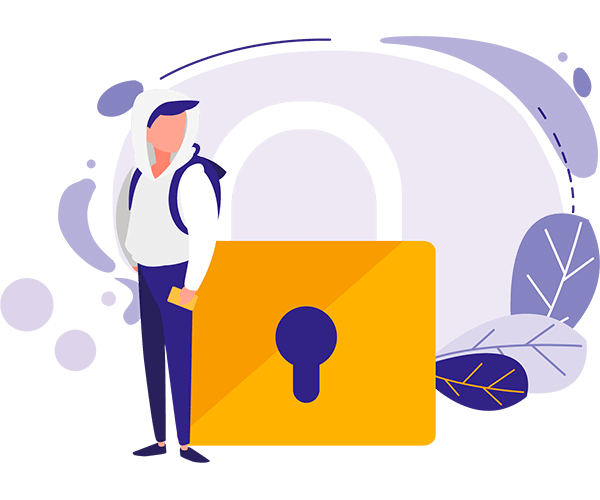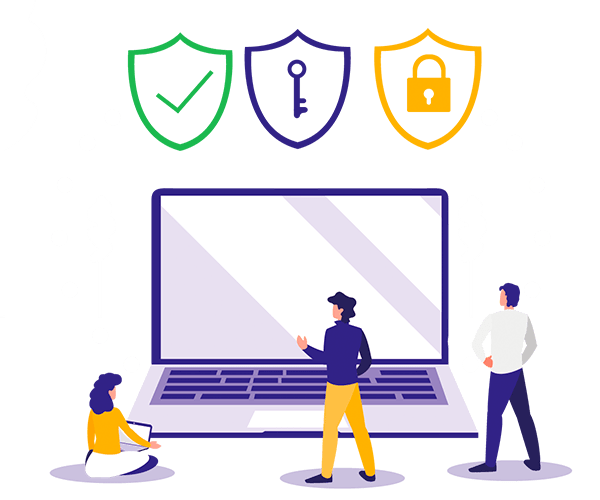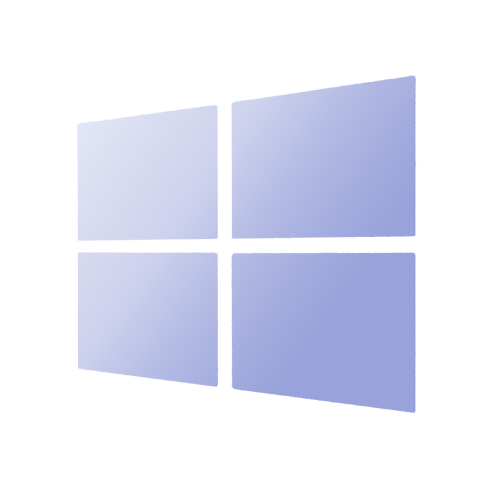01
What is a VPN?
VPN stands for Virtual Private Network. But what is a VPN, specifically? Simply put, this is a technology that redirects the user’s navigation through remote servers, with the aim of hiding both their real location and their IP address (the equivalent of their ID card on the Internet).
Thus, when using a VPN, it is as if we were using a secure tunnel between our device and the Internet, achieving an extra layer of protection against intruders and making all our activity on the net anonymous.
Among its many advantages…
The potential of avoiding censorship in certain countries.
Being able to buy or consume goods without geographical restrictions.
Surf safely on public WiFi networks (safe from attacks and data interception).

02
How does a VPN work?
When we connect our computer or mobile device to the Internet, we usually do it in two ways:
Directly through our contracted provider
Through a free WiFi (even if we usually don't even know who is behind that network).
With a VPN, however, the connection is made through a secure and encrypted server, which is responsible for “contacting” the website to be visited. This way, an intermediate point acts as a link between us and the net and protects our data, while making us undetectable and invisible at any time.
However, not all VPN services are the same, and some even trade with the obtained data and end up selling it to third parties. As a result, our data can end up in the hands of opaque companies or even governments that censor and restrict the Internet.
That is why it is essential to choose a good VPN service with a proven record, such as Premium VPN. Furthermore, as a general rule, you should be wary of free VPNs, as you can’t know for sure what is behind this so-called “completely free” service. Analysis of our data? Sharing everything with third parties? A sense of secure browsing when it really isn’t safe? Sometimes, the cheap can be expensive…
03
How to explain what is VPN in a nutshell
To easily explain what a VPN is, we can use a practical metaphor: imagine that instead of using the Internet, we are sending a letter by post.
As a rule, our home address is on the back of the envelope (since it is on the return address), and these signs are visible to everyone who sees the letter, without even having to open it. Well, when you surf the Internet in the traditional way, it would be more or less the same: all of our data is exposed in a certain way.
However, if we use a VPN, it would be like sending that same letter from an address that is not our home address and using a postal service that does not correspond to the one actually used. And not only that: our letter would be written in a secret language, thanks to encryption. Therefore, a VPN serves to shield yourself from the eyes of others, achieving an invisibility that otherwise would not be possible.

04
What is a VPN for: practical examples
Have you always wondered what you can do with a VPN and what it is exactly for? These are just a few scenarios where a VPN can help us:

Safe navigation
Thanks to Premium VPN, you can be confident and access the Internet with all the guarantees and without risk.

Stay anonymous
No one will be able to trace your steps or know what you’ve been doing on the Web except yourself. Few things are as valuable as privacy.

Blocked content
With a quality VPN, such as Premium VPN, you can enjoy the Web without limits and without being subject to any government control.





